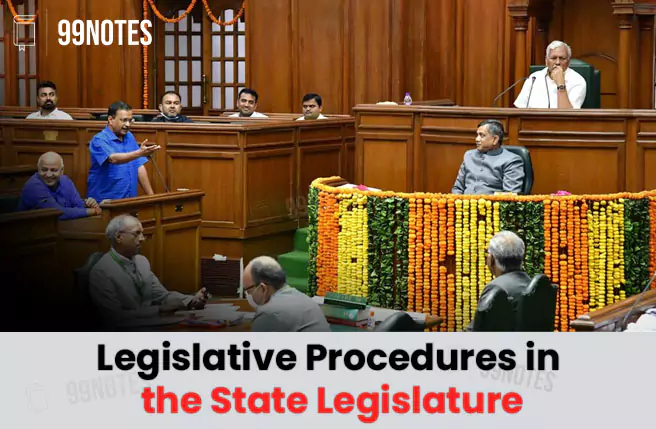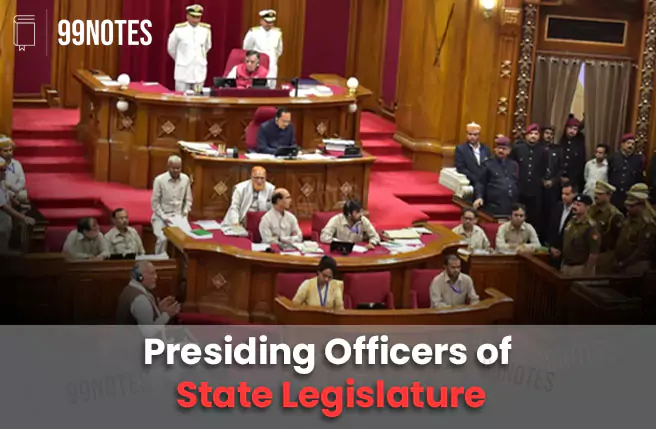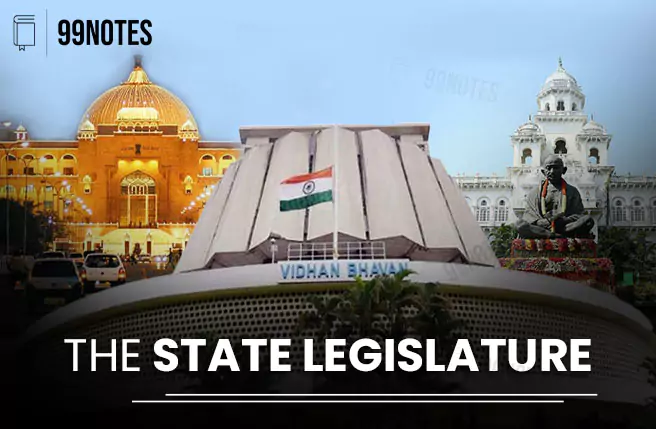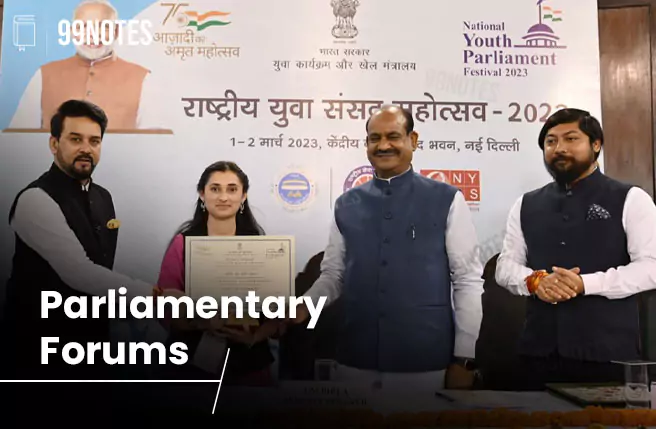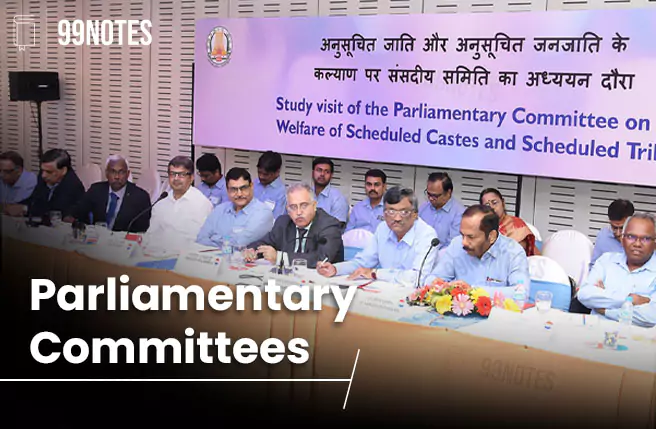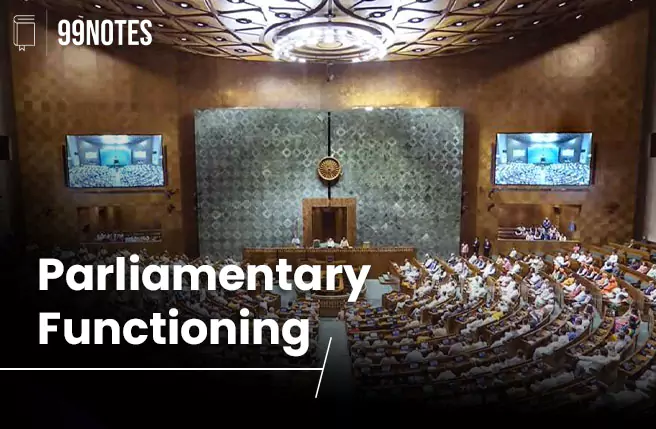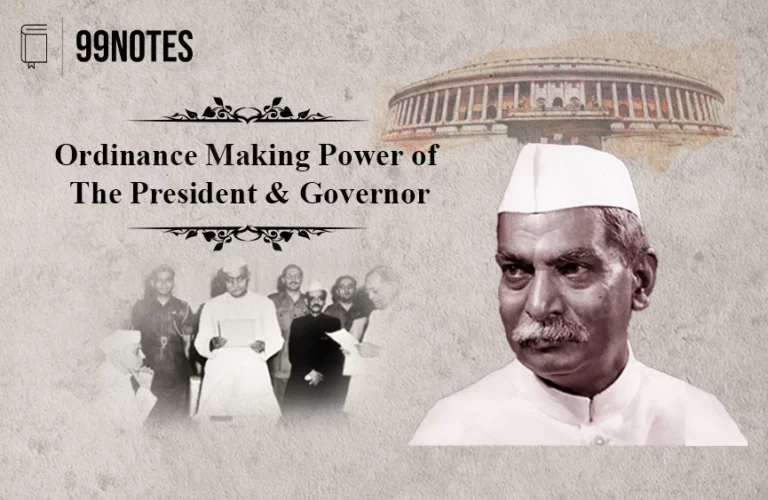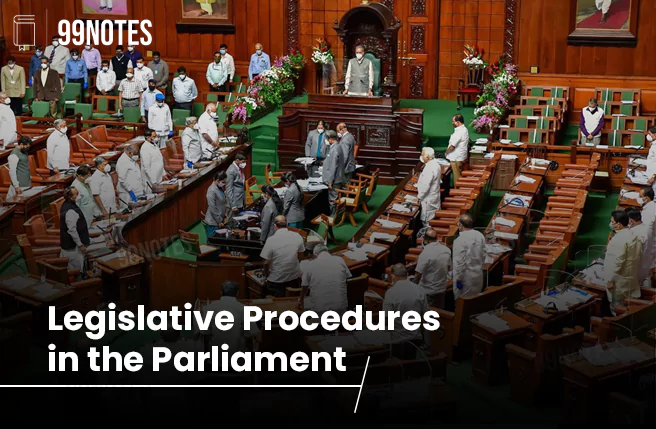Political Parties and Pressure Groups- UPSC Notes
Political Party A political party is a group of people who share common values, ideology and goals and come together to contest elections and form government. In comparison, Pressure groups or interest groups are organised associations, unions or organisations of people who share common interests. Political parties are the most visible institutions in a modern democracy, and for most ordinary citizens, democracy means political…


